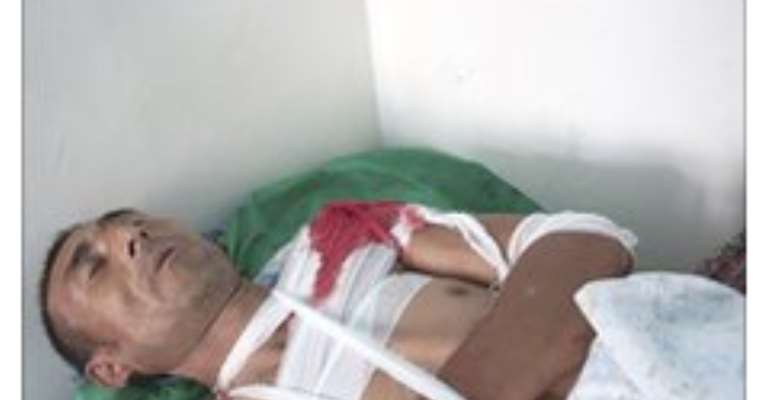UN CHIEF BAN KI-MOON ALARMED BY KYRGYZSTAN CLASHES

UN Secretary General Ban Ki-moon has expressed alarm at the scale of clashes and their inter-ethnic nature in southern Kyrgyzstan.
Mr Ban also ordered his envoy to travel to the Kyrgyz capital of Bishkek, his office said.
More than 100 people were killed in three days of clashes between Kyrgyz and ethnic Uzbeks in the city of Osh and surrounding areas, officials say.
Tens of thousands of ethnic Uzbeks have been forced to flee the country.
Witnesses speak of Kyrgyz men shooting ethnic Uzbeks and setting property alight; a BBC correspondent in the city of Osh reported heavy gunfire.
On Saturday, the interim government in Bishkek gave security forces shoot-to-kill powers.
It also urged Russia to send in troops to help quell the violence, but Moscow said it had no plans to intervene.
However, Russia sent a battalion of paratroopers – at least 150 soldiers – to protect a Russian air base in the north of Kyrgyzstan.
Special envoys
On Sunday, Mr Ban voiced concern over the inter-ethnic violence in Kyrgyzstan and the rising numbers of dead and displaced people.
Mr Ban's spokesman said the comments were made in a telephone call to the foreign minister of Kazakhstan, who currently chairs the Organisation for Security and Co-operation in Europe.
The two officials agreed that they would co-ordinate a response to the crisis, together with the European Union.
Special envoys of all three organisations are either in Bishkek or on their way.
'Shoot-outs'
The Kyrgyz government on Sunday extended a state of emergency to cover the entire southern Jalalabad region, as ethnic clashes spread there from neighbouring Osh.
One resident in Jalalabad said fighting was going on throughout the city.
“At the current moment, there are shoot-outs going on in the streets,” he told the AFP news agency by telephone.
“There is a veil of smoke covering the whole city,” another resident told AFP. He said buildings on fire included a shopping centre.
Without international assistance there are fears the interim authorities will struggle to contain the conflict, correspondents say.
President Kurmanbek Bakiyev, who was ousted in April and now lives in Belarus, has denied accusations from the government that he is involved in the unrest in order to derail a 27 June constitutional referendum and elections scheduled for October.
Mr Bakiyev had strong support in southern Kyrgyzstan.
'We need food'
The south of Kyrgyzstan, an ex-Soviet Central Asian state of 5.5 million people, is home to an ethnic Uzbek minority of almost one million.
Uzbek emergency officials say at least 30,000 people have crossed the border from Kyrgyzstan in recent days. One official told Russia's RIA Novosti news agency that 75,000 had entered Uzbekistan.
The International Committee of the Red Cross says it has received similar reports.
Ethnic Uzbek eyewitnesses told our correspondent at a border crossing with Uzbekistan that gangs of armed Kyrgyz had been marauding through neighbourhoods, killing residents and burning homes.
One woman pleaded for help: “We need food, we need water, I have got two sons and they are little and I need water and food to survive.”
There have also been reports of Kyrgyz casualties.
One Kyrgyz family the BBC spoke to by telephone said an Uzbek boy armed with a gun shot dead three Kyrgyz men who were approaching them.
Pakistan says one of its citizens, a student, has been killed in Osh and it is investigating reports that 15 others have been taken hostage.
More than 1,000 people have been wounded in the violence, the authorities say. Some reports say the casualty figures could be much higher.
It is not clear what sparked the latest unrest.
According to local reports, fighting broke out between rival gangs and developed into gun battles late on Thursday.
The clashes are the worst ethnic violence to hit southern Kyrgyzstan since 1990, when several hundred people were killed. Kyrgyzstan was then part of the Soviet Union, which sent in troops to quell the unrest.
